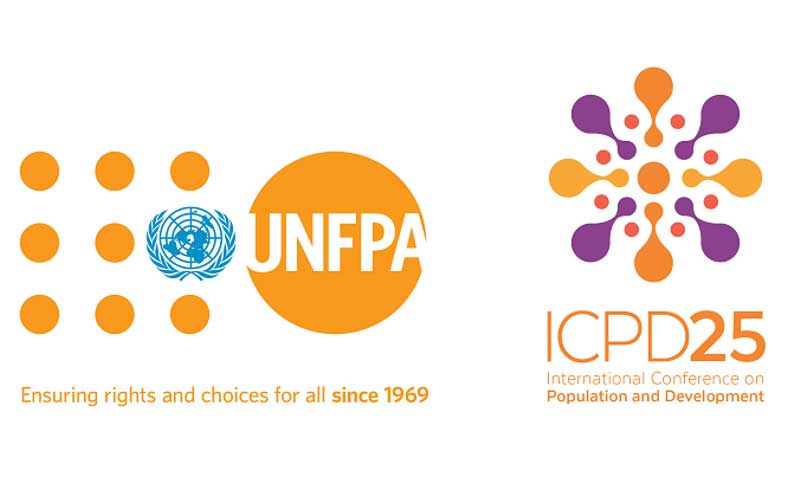
Our attention is drawn to an article by Bishop David Oginde on October 27, titled “Why religious leaders are jittery about the ICPD,” which makes false statements about the upcoming Nairobi Summit on ICPD25. We wish to set out the true account of the same, while fully acknowledging the columnist’s right to his views. Co-convened by the governments of Kenya and Denmark and the United Nations Population Fund (UNFPA), the summit is a follow-up to the International Conference on Population and Development (ICPD), which was held in Cairo, Egypt, some 25 years ago. This clearly spells that ICPD is nothing new to Kenya and the world at large.